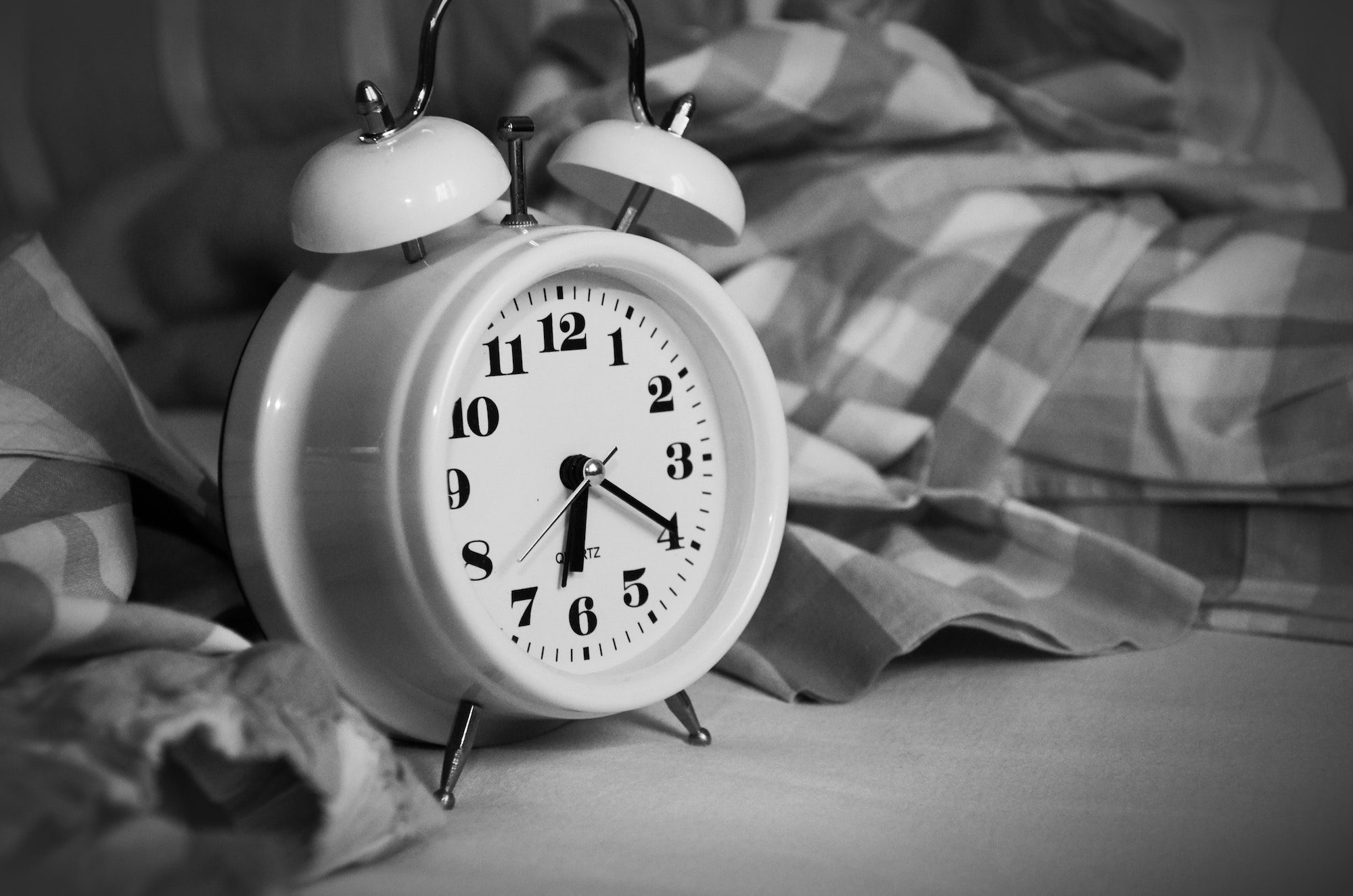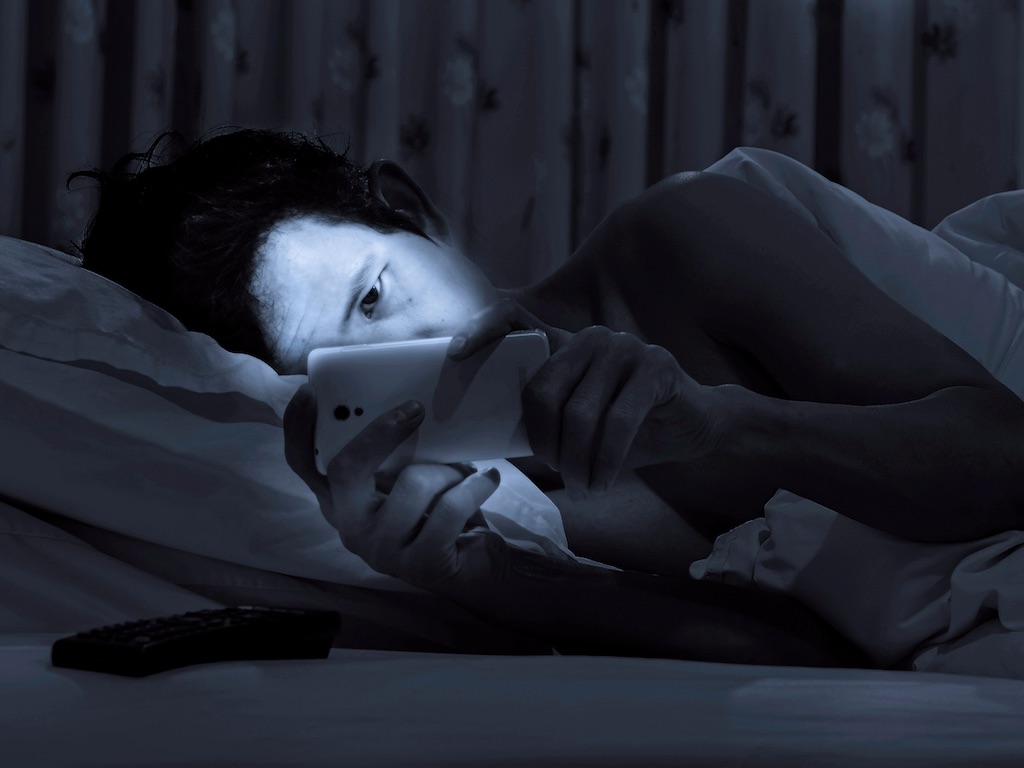People moving to urban environments is an ever-growing trend, and it is expected that more than 6 billion people will be living in cities by 2045.
However, this might not be what mother nature had intended for us, and we now know that city living can negatively impact factors important to our quality of life, with sleep being one of them.
Fortunately, humans are adaptable creatures, and yes, there are ways to get deep rejuvenating sleep even in a metropolis which is lit up 24/7.
In this article, we will unpack some advice and actionable tips on how to get enough sleep in a hectic environment.
1. Sleep in a dark room
The problem with sleeping in a city is obviously the street light creeping in into your precious slumber space. First, let’s inspect why is light such an issue?
From our partners:
The main reason is that sunlight affects our biological clock telling us when to go to bed and when to wake up. With the advent of electricity and the widespread use of light bulbs, this natural cycle got interrupted resulting in poor sleep quality. So what’s the solution? It’s sleeping in a completely dark environment.
We can achieve this by installing blackout shades in our houses/apartments or getting some thick curtains which won’t let the light get through. However, the latter might be a bit harder to maintain.
2. Prioritize sleep
Most city dwellers live busy lives, continually being in a rush and trying to check off points from their overscheduled daily routines. At times when there are too many things that need to get done in a day, the aspect that suffers the most is sleep.
This needs to change, and we need to take a new attitude towards sleep.
There are several ways to make it your priority, but your safest bet is to put it in your schedule. Decide the time when you will be going to bed every night and honor it.
Another good thing to put into your routine would be the time when you darken your room. From this point on, it should be your wind-down period. You can do it for an hour or two before bedtime. Also, if you can, dim the lights in your home as well.
Taking baby steps towards this sleep-prioritization might be the best solution. So maybe, instead of giving yourself a goal like “sleep 8 hours every night”, try with “put on pajamas after dinner.” This approach will place much less pressure on you and likely produce better results.
One other neat trick is to plan a reward for going to bed early as this mechanism greatly stimulates our brains. For example, you can pick your favorite book or magazine, and if you make it to bed on time, you’ll have time to read it.
3. Lay off electronic screens
This section goes hand in hand with the previous one as it insists on not looking at any screens sometime before going to bed.
Make this a part of your wind-down period, so as you close the shutters and dim the lights, also try to lay off your phone, laptop, or TV for the day. The blue lights emitted by these screens inhibit the production of melatonin, a hormone which is essential for quality sleep.
If you, for some reason, really have to use some of these devices before bed, then try to wear blue light blocker glasses. They will give you protection from radiation and you melatonin levels should remain as if you are in a dark room.
Finding some alternative pre-bedtime activities is crucial because smartphone addicts aren’t just going to put down their beloved devices so easily. Things that you can do to help pass the time listen to relaxing music or do some light reading.
4. Natural sleep aids
Some folks have real troubles with getting quality sleep, even after they’ve applied all of the tips we presented today. If they live in a city, the chances are that things will be a lot worse. If you are one of them, maybe it’s time to try out some natural sleep aids.
One such remedy is lavender oil, and what you can do with it is place a drop on your pillow or on your feet. The pleasant smell of this herb will help you sleep better.
Another aid that apparently works is cherry tart juice. This juice is a natural source of melatonin and the amino acid tryptophan which should have a positive impact on your slumber. Drink one glass in the morning and one more at night and see what happens. Remember, try to do it for a week or two as this is the time needed to know if it works or not.
There are plenty of other natural solutions that people recommend so we would advise you to try them out.
5. Work out
So, dear readers, here is yet another reason for you to take up exercise (if you already haven’t). Research has been shown that physical exertion during daytime accounts for better sleep, especially if you do it long term (several months/years).
In case you like strenuous exercise, maybe it is best to do it during the day or early in the evening because it will shake you up and make you alert, which is contrary to what you want.
Light exercise, stretching ,or yoga can be done an hour before bed or so as they will most likely make you feel more calm.
This feature is contributed by Ann Hills.
Ann is a yoga teacher, nutrition adviser, food blogger, and the mastermind behind Ourhomelove.com. Her website focuses on giving tips and useful information on all things health-related, with the goal of helping people improve their lives.
















